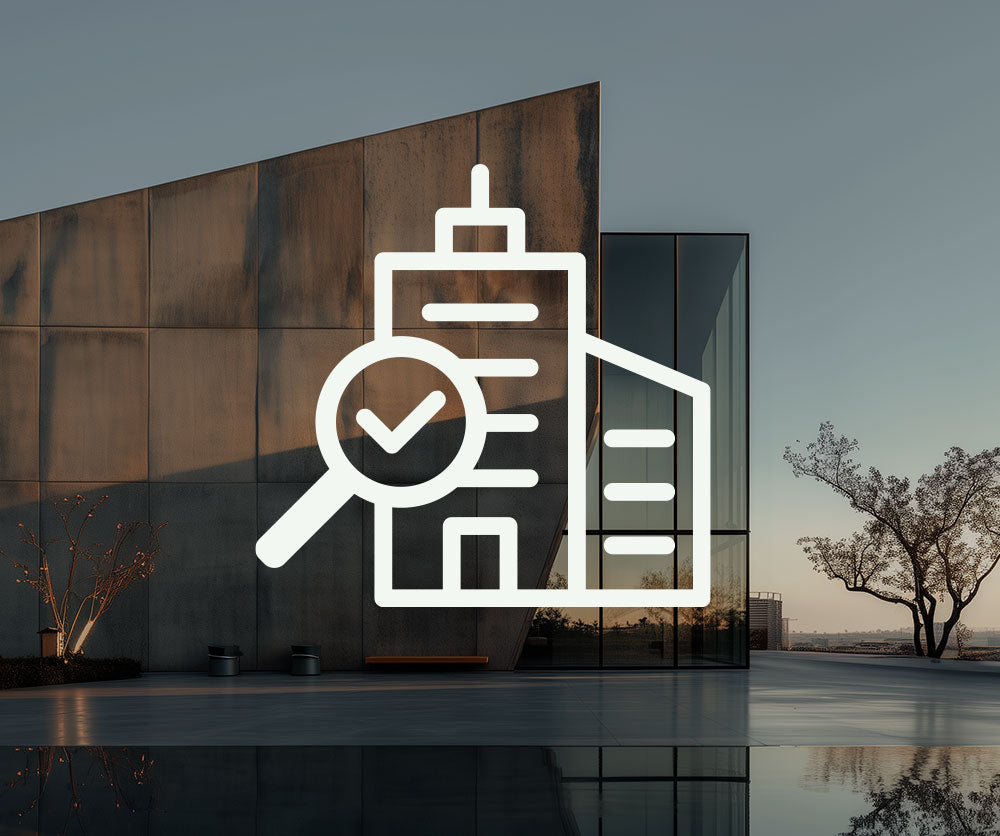
Corporate Security in 2025 – Whose Responsibility Is It?
Share
Today’s organizations are expected to anticipate threats more precisely, plan more strategically, and prepare comprehensively. The global situation has shifted rapidly, and serious disruptions — from supply chain breakdowns to cyber threats — must be addressed proactively.
In this blog, Savia’s Director of Corporate Security, Vesa Manninen, shares his expertise on how responsibility for security should be distributed within organizations, what common misconceptions still persist, what risks companies may face, and how those risks can be mitigated.
Over 40 Years of Corporate Security Experience
Savia’s Director of Corporate Security, Vesa Manninen, brings an exceptional depth of knowledge built over four decades in the security sector. His background includes developing security audits at IKEA, leading diverse security operations at Kesko and Kämp Group in Finland, and a long-standing career as an award-winning trainer and speaker.
Vesa’s philosophy is clear: a strong security culture is built by leading people through example. This approach is reflected in how security is understood across organizations. Leadership holds the responsibility, but everyone has a role to play.
Evolving Threat Landscape – Security Must Evolve Too
Over the course of his career, Vesa has witnessed how the security landscape has transformed. The rapidly changing world situation and advancements in technology have made preparedness a central strategic issue for companies.
It’s time to ask: how is your organization preparing for a major disruption – whether it's a supply chain breakdown, a cyberattack, or an unexpected crisis?
At the same time, technology brings new opportunities. Artificial intelligence, automation, and intelligent cybersecurity solutions help organizations detect risks early, strengthen responsiveness, and build comprehensive security. Tools like surveillance systems can be highly effective, provided their use is well-designed and fully compliant with GDPR. Security systems must be lawful, thoughtfully implemented, clearly justified, and ethically sound.
Security Is a Leadership Responsibility – But Not Theirs Alone
Security is not just a technical issue — it's strategic and even personal. One of the most common misconceptions in companies is that security belongs solely to the “security team” or HSE staff. In reality, corporate security is the responsibility of leadership, but it only works if every individual within the organization understands their role. That’s why corporate security can’t remain an isolated function — it must be integrated into onboarding, daily operations, and leadership practices.
Corporate Security Is Not a Cost – It’s a Competitive Advantage
Corporate security has a direct impact on business continuity, brand reputation, and overall competitiveness. It’s no longer just about risk management — it’s about strategic capability that separates resilient organizations from the rest.
Leadership must ensure that security remains a standing item on the agenda — not just when something goes wrong.
Importantly, security doesn't always relate to immediate threats. Many organizations must comply with increasingly strict industry-specific requirements, standards, and partner criteria. Security is therefore also a prerequisite for trust and market access.
Effective communication plays a key role. Security should be communicated regularly — to leadership, staff, and partners — not just during crises. Proactive, open communication strengthens the security culture and makes it a real part of everyday operations.
When corporate security is well-managed, the organization becomes more agile, recovers faster from disruptions, and can anticipate risks instead of reacting to them. Security isn’t a cost — it’s an investment in resilience and operational continuity.
Extended KYC – Savia’s Comprehensive Corporate Background Checks
Business security starts with knowing your partners. Companies may unknowingly enter into agreements with actors who pose hidden threats. Unfortunately, such risks are still too often overlooked. Background checks are a powerful way to prevent reputational damage, regulatory violations, or even operational shutdowns. Traditional KYC (Know Your Customer) processes are no longer sufficient in today’s evolving corporate security landscape.
Savia’s Extended KYC services help companies identify hidden business risks before they materialize. These can include connections to sanctioned entities, unclear ownership structures, or concerns with the backgrounds of key individuals. Extended KYC is a way to protect your organization’s people, customers, reputation, and operations. Learn more about Savia’s background checks here.
You're Not Alone – Savia Is Your Comprehensive Partner in Corporate Security
Savia brings a uniquely practical and experience-driven approach to corporate security. Our team includes professionals with deep experience in retail, public authority collaboration, and high-security environments such as defense operations.
This expertise enables us to recognize where and how proactive measures offer the most value. We provide a broad view of the security landscape and the agility to respond to client needs quickly and in a tailored way.
Savia does more than conduct audits — we walk alongside our clients, helping build lasting security cultures through concrete, practical steps. Explore Savia’s corporate security services here!
